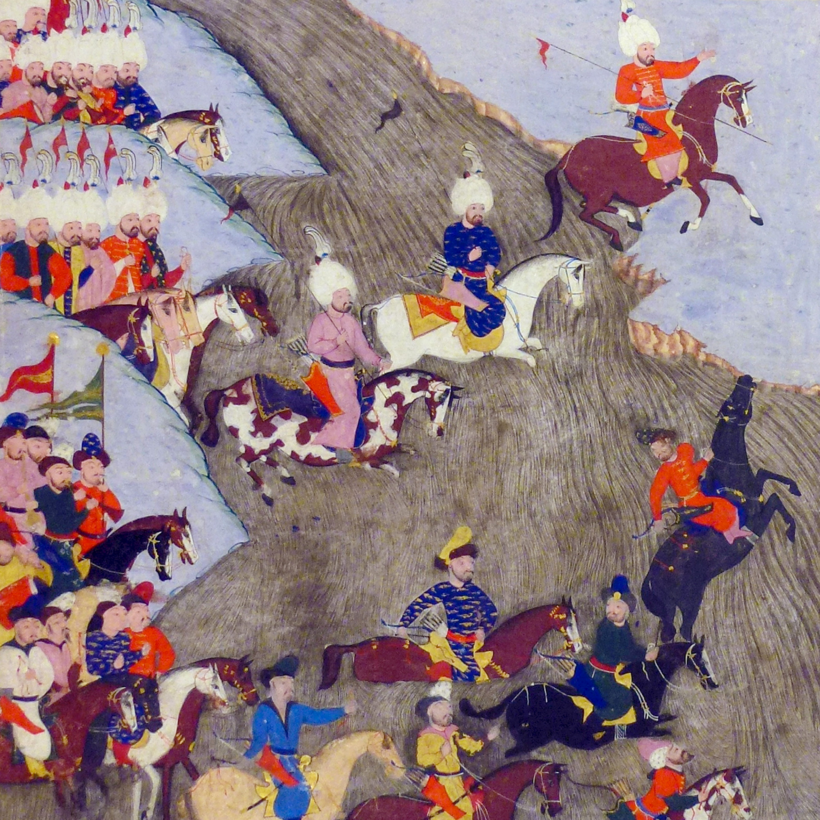Did you ever wonder, as you gave yourself over to Hilary Mantel’s narcotic Thomas Cromwell trilogy, what was happening elsewhere during the early 16th century? Beyond even the Low Countries where the future chancellor served or the Italy where he fought, as far away as the land of the Great Turk where ruled, in that time, Suleyman the Magnificent? Me neither. I never thought about it.
But those lucky readers who come to Christopher de Bellaigue’s book in proximity to reading Mantel can suddenly have a new panel thrown open to them like an unfolding altarpiece. Over here was Cromwell’s green, rainy England with Henry and his wives and his courtiers, and at the same time over here — in almost blinding color — were Venice, Vienna, Tunis and Istanbul with theirs.

